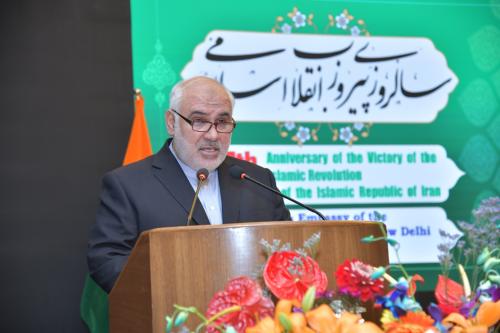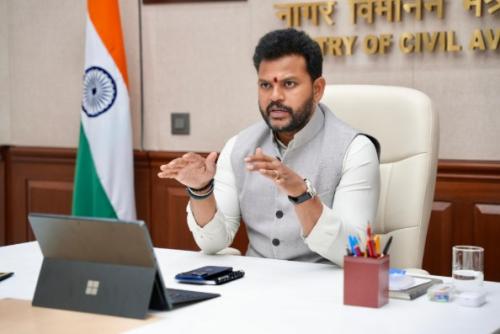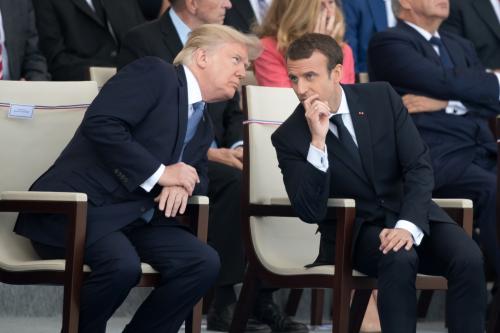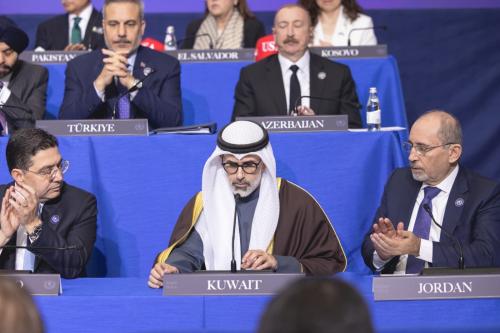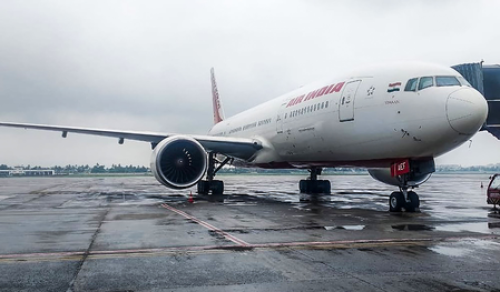PREET KIRAN New Delhi, April 17 (IANS) Controversies between the Arvind Kejriwal government in Delhi and the Narendra Modi government at the Centre remains unabated with a latest round of conflict that has erupted between the two over the issue of integration of the Municipal Corporation of Delhi (MCD). Both the governments have disputes over range of issues. Whether it is the appointment of the Chief Secretary, the matter of pollution levels and control, delivering ration at the beneficiary's doorstep or be it the matter of making "The Kashmir Files" tax-free, rift between the Centre and the Delhi government continue to prevail. Here are some of the key flashpoints. -- Municipal Corporation of Delhi: Recently, Kejriwal announced that "there will be no coordination between the MCD and the Delhi government if the civic body will be brought under the Central government". Further, he said that there should be coordination between all the agencies of the city, and in absence of coordination, problems will arise. Raising objections to the bill introduced in Parliament to amend the Delhi Municipal Corporation Act, the Delhi Chief Minister had termed it as an attempt to postpone of the civic polls in the city. Kejriwal had argued that there is "no justification" for reducing the number of wards in MCD and "the decision has been taken to postpone the civic elections". He also claimed that as per the bill, "the MCD will be run by the Central government instead of the Delhi government, which is against the constitution". -- Doorstep Ration Delivery: The BJP had termed the Delhi government's 'doorstep' ration delivery scheme as a scam, while the Kejriwal government had argued that if the public can get pizza-burgers at home, why not ration. The Centre had put a stay on the Delhi government's decision and the BJP had justified the Centre's move while claiming that "by doing so the Central government has prevented a big scam from happening". The BJP had alleged the Delhi government's intention was to 'divert' the ration received in the name of the poor. Meanwhile, the Delhi government had refused to go ahead with the Central government's 'One Nation One Ration Card' scheme. -- Controversy over removal of photos of the Prime Minister and President from Punjab Chief Minister's Office: After winning the Punjab elections, the AAP, challenging the Indian political tradition, removed the picture of the President and the Prime Minister from the Chief Minister's Office. Even the picture of Mahatma Gandhi was missing -- which is considered contrary to the established norms in the Indian political system. However, Mann carried a picture of Bhagat Singh and Baba Bhimrao Ambedkar to his office. -- NCT Act: The provisions in the NCT Act has also led to the dispute between the Delhi government and the Centre. According to the its provisions, the Lt Governor was provided more powers in comparison to the city government - though this was considered against the Supreme Court's 4 July 2018 decision, which had said that the files would not be sent to the LG, the elected government would take all the decisions and only a copy of the decision would be sent to the LG. The court has also made it clear that except land, law and order and police, the Delhi government has the right to make and enforce laws on all other subjects. Article 239AA of the Constitution was repeatedly mentioned and both sides were reminded that Delhi is the National Capital Territory and not a state. According to the rules, if there is any difference of opinion between the government and the Lt Governor, then the Lt Governor can refer the matter to the President. However, whether it is the appointment of Chief Secretary in Delhi or the matter of controlling the pollution level in Delhi, both the Central and the state Government tried to serve their interests by citing different rules. The tug of war between Delhi and the Central governments came openly in front of the public on multiple occasions. Although earlier, the Delhi Municipality did not have legislative powers, the capital continued to be governed like this till 1990. Later the 69th Amendment Bill was passed, and then the National Capital Territory Act, 1991, the Legislative Assembly was formed in Delhi. Like other states, provision has been made in Delhi for the Chief Minister and the Cabinet, who are collectively responsible for running the Legislative Assembly. However, if the Centre and the Delhi government make a law on same issue, then the law of the Centre will be applicable in the national capital. In such a situation, Kejriwal has often lost to the Centre in legal battles.
Where does Kejriwal stand in his legal battles against Centre?
- by Rinku
- April 17, 2022 2 minutes

arvind kejriwal




